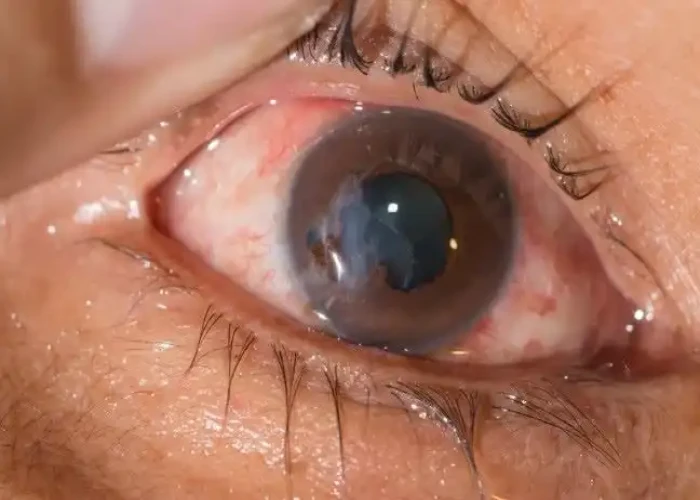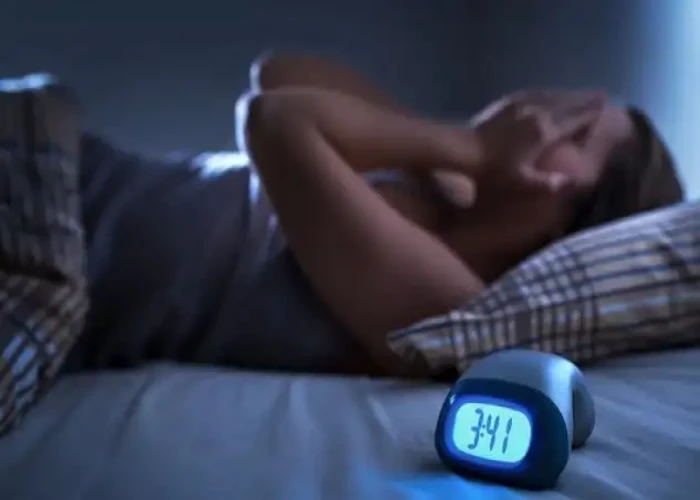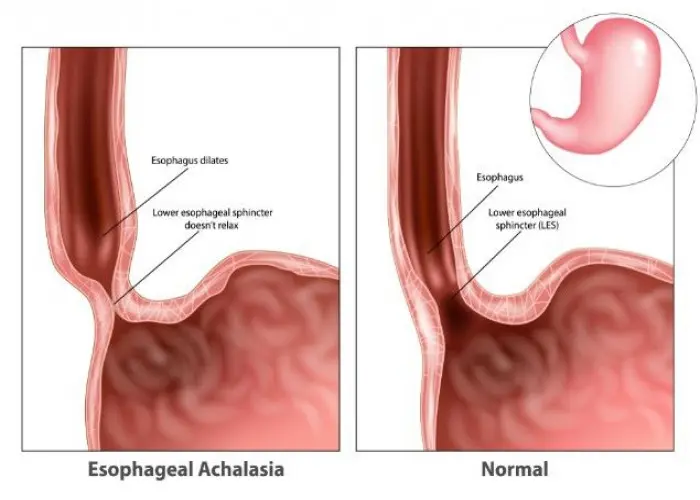 Welcome
Welcome
“May all be happy, may all be healed, may all be at peace and may no one ever suffer."
Autonomic neuropathy

Autonomic neuropathy is a type of peripheral neuropathy that affects the autonomic nervous system, which controls the functions of the body that are not under conscious control, such as heart rate, blood pressure, digestion, and sweating.
Autonomic neuropathy can be caused by a number of factors, including diabetes, Parkinson's disease, alcoholism, and certain medications. It can also be a complication of other conditions that affect the nerves, such as peripheral neuropathy and Guillain-Barré syndrome.
Symptoms of autonomic neuropathy can vary widely depending on the type and severity of the condition, but can include:
- Lightheadedness or fainting upon standing up (postural hypotension)
- Constipation or diarrhea
- Urinary incontinence
- Impotence or decreased sexual function
- Excessive sweating or an inability to sweat
- Slow or irregular heartbeat
- Nausea and vomiting
Diagnosis of autonomic neuropathy typically involves a thorough evaluation by a healthcare professional, including medical history, physical exam, and laboratory tests, such as blood tests and nerve function tests.
Treatment for autonomic neuropathy depends on the underlying cause and can include medications to manage symptoms, lifestyle changes to improve blood sugar control or manage other underlying conditions, and rehabilitation or physical therapy to improve function and mobility.
It's important to work with a healthcare professional to develop a treatment plan that is tailored to your individual needs and medical history and to receive regular follow-up care to monitor the progression of the condition and ensure the best possible outcomes.
Research Papers
Disease Signs and Symptoms
- Dizziness (vertigo)
- Low blood sugar (hypoglycemia)
- In women, problems include vaginal dryness, low libido and difficulty reaching orgasm.
- Difficulty starting urination
- Dizziness and fainting when standing, caused by a sudden drop in blood pressure.
- Intolerance
- Indigestion
- Sexual dysfunction
- Fainting (syncope)
- Making it difficult to adjust from light to dark and seeing well when driving at night.
Disease Causes
Autonomic neuropathy
Many health conditions can cause autonomic neuropathy. It can also be a side effect of treatments for other diseases, such as cancer. Some common causes of autonomic neuropathy include:
- Diabetes, especially when poorly controlled, is the most common cause of autonomic neuropathy. Diabetes can gradually cause nerve damage throughout the body.
- Abnormal protein buildup in organs (amyloidosis), which affects the organs and the nervous system.
- Autoimmune diseases, in which your immune system attacks and damages parts of your body, including your nerves. Examples include Sjogren's syndrome, systemic lupus erythematosus, rheumatoid arthritis and celiac disease. Guillain-Barre syndrome is an autoimmune disease that happens rapidly and can affect autonomic nerves.
- An abnormal attack by the immune system that occurs as a result of some cancers (paraneoplastic syndrome) is another possible cause.
- Certain medications, including some drugs used in cancer treatment (chemotherapy).
- Some viruses and bacteria, such as HIV and those that cause botulism and Lyme disease.
- Certain inherited disorders also can cause autonomic neuropathy.
Disease Prevents
Autonomic neuropathy
While certain inherited diseases that put you at risk of developing autonomic neuropathy can't be prevented, you can slow the onset or progression of symptoms by taking care of your health in general and managing your medical conditions.
Follow your doctor's advice on healthy living to control diseases and conditions, which might include these recommendations:
- Control your blood sugar if you have diabetes.
- Avoid alcohol and smoking.
- Get appropriate treatment if you have an autoimmune disease.
- Take steps to prevent or control high blood pressure.
- Achieve and maintain a healthy weight.
- Exercise regularly.
Disease Treatments
Treatment of autonomic neuropathy includes:
- Treating the underlying disease. The first goal of treating autonomic neuropathy is to manage the disease or condition damaging your nerves. For example, if the underlying cause is diabetes, you'll need to tightly control blood sugar to prevent autonomic neuropathy from progressing. About half of the time, no underlying cause for autonomic neuropathy is found.
- Managing specific symptoms. Some treatments can relieve the symptoms of autonomic neuropathy. Treatment is based on what part of your body is most affected by nerve damage.
Digestive (gastrointestinal) symptoms
Your doctor may recommend:
- Diet changes. You might need to increase dietary fiber and fluids. Fiber supplements, such as Metamucil or Citrucel, also might help. Slowly increase fiber to avoid gas and bloating.
- Medication to help your stomach empty. A prescription drug called metoclopramide (Reglan) helps your stomach empty faster by increasing the contractions of the digestive tract. This medication can cause drowsiness and isn't advised for long-term use.
- Medications to ease constipation. Over-the-counter laxatives can help ease constipation. Ask your doctor how often you should use a laxative.
- Medications to ease diarrhea. Antibiotics can help treat diarrhea by preventing excess bacterial growth in the intestines, and over-the-counter antidiarrheal medication might be helpful.
Urinary symptoms
Your doctor may suggest:
- Retraining your bladder. Following a schedule of when to drink fluids and when to urinate can help increase your bladder's capacity and retrain your bladder to empty completely at the appropriate times.
- Medication to manage bladder symptoms. Your doctor may prescribe medications that decrease an overactive bladder. Other medications may help empty your bladder.
- Urinary assistance (catheterization). A tube is guided through your urethra to empty your bladder.
Sexual dysfunction
For men with erectile dysfunction, your doctor might recommend:
- Medications that enable erections. Drugs such as sildenafil (Viagra), vardenafil (Levitra, Staxyn), tadalafil (Cialis) and avanafil (Stendra) can help you achieve and maintain an erection. Possible side effects include low blood pressure, mild headache, flushing, upset stomach and changes in color vision.
- If you have a history of heart disease, arrhythmia, stroke or high blood pressure, use these medications with caution. Also avoid taking these medications if you are taking any type of organic nitrates. Seek immediate medical assistance if you have an erection that lasts longer than four hours.
- External vacuum pump. This device helps pull blood into the penis using a hand pump. A tension ring helps keep the blood in place, maintaining the erection for up to 30 minutes.
For women with sexual symptoms, your doctor might recommend:
- Vaginal lubricants to decrease dryness and make sexual intercourse more comfortable and enjoyable.
- Flibanserin (Addyi) for premenopausal women with low sexual desire.
Heart rhythm and blood pressure symptoms
Autonomic neuropathy can cause a number of heart rate and blood pressure problems. Your doctor might prescribe:
- A high-salt, high-fluid diet. If your blood pressure drops when you stand up, a high-salt, high-fluid diet can help maintain your blood pressure. This is generally only recommended for severe cases of blood pressure problems, as this treatment may cause blood pressure that is too high or swelling of the feet, ankles or legs. This treatment shouldn't be used in patients with heart failure.
- Compression garments. A binder worn around the waist or thigh-high compression stockings may help improve blood flow.
- Medications to raise your blood pressure. If you feel faint or dizzy when you stand up, your doctor might suggest medications. Fludrocortisone helps your body retain salt, which helps regulate your blood pressure.
- Midodrine (Orvaten) and droxidopa (Northera) can help raise blood pressure. But these drugs can cause high blood pressure when you're lying down. Pyridostigmine (Mestinon) may help keep blood pressure stable when standing.
- Medication to regulate your heart rate. A class of medications called beta blockers helps regulate your heart rate if it goes too high during physical activity.
Sweating
If you sweat too much, your doctor might prescribe a medication that decreases sweating. Glycopyrrolate can decrease sweating. Side effects can include diarrhea, dry mouth, urinary retention, blurred vision, changes in heart rate, headache, loss of taste and drowsiness. Glycopyrrolate can also increase the risk of heat-related illness, such as heatstroke, from a reduced ability to sweat.
Disease Diagnoses
Disease Allopathic Generics
Disease Ayurvedic Generics
Disease Homeopathic Generics
Disease yoga
Autonomic neuropathy and Learn More about Diseases

Traumtic eye

Chest pain

Sex headaches

Zika virus

Achilles tendinitis

Sleep disorders

Esophagitis

Color blindness
Autonomic neuropathy, Diabetic autonomic neuropathy, অটোনোমাস নিউরোপ্যাথি
To be happy, beautiful, healthy, wealthy, hale and long-lived stay with DM3S.
